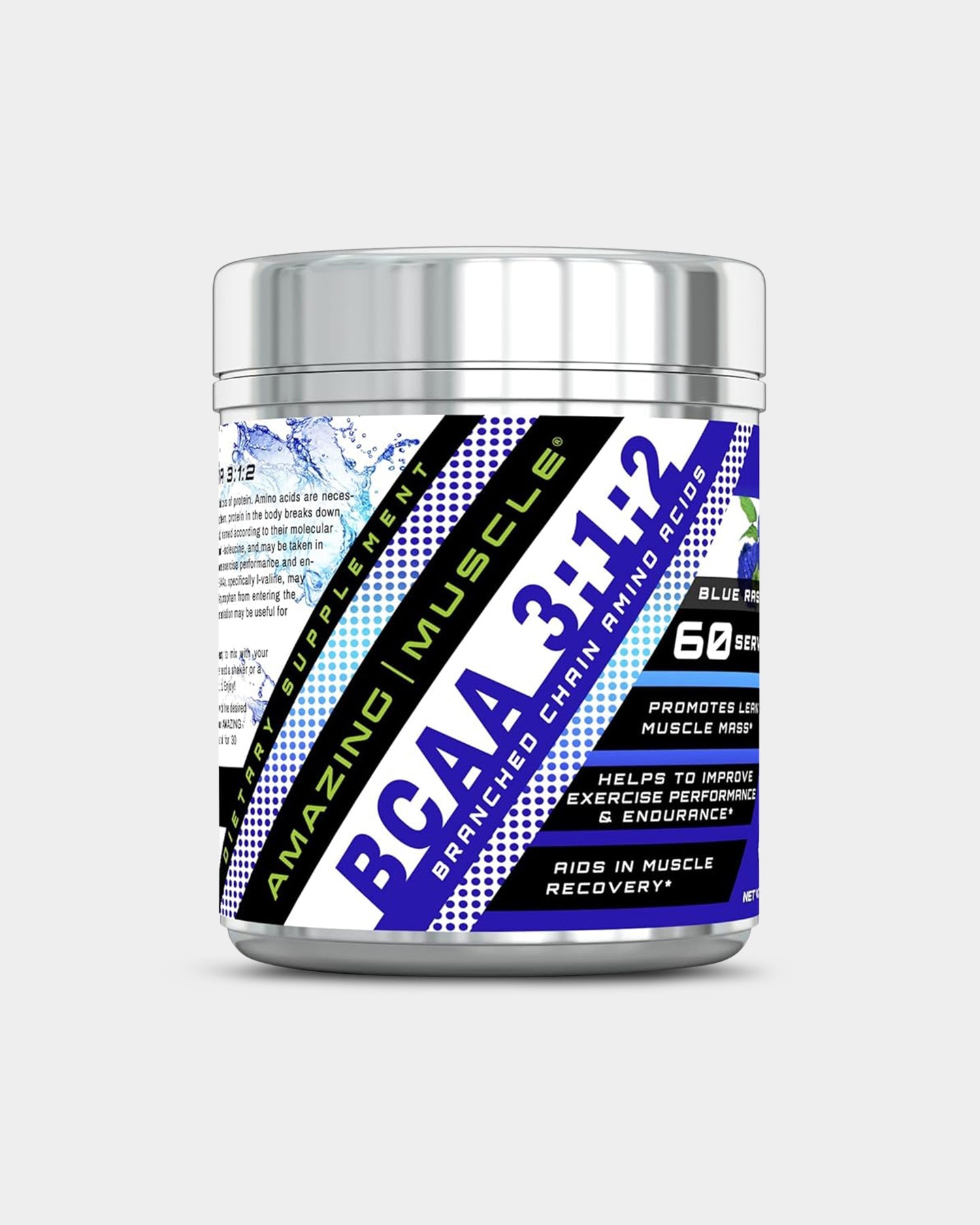Effective Ways to Use BCAA for Optimal Recovery and Muscle Growth in 2025
BCAA, or branched-chain amino acids, are essential for athletes and fitness enthusiasts seeking to enhance recovery and muscle growth. As a powerful supplement, BCAA can help prevent muscle damage, reduce fatigue, and promote faster recovery after intense workouts. In this article, we will explore effective ways to integrate BCAA into your regimen, its benefits, dosages, and how it compares to other protein sources. By understanding these aspects, you can maximize your muscle recovery and support your overall fitness goals.
Whether you are a seasoned athlete or just starting your fitness journey, knowing how to properly utilize BCAA will provide you with essential tools for achieving your desired results. We will cover everything from the advantages and disadvantages of BCAA to specific usage guidelines tailored for different training phases and dietary preferences. Here’s what you can expect to learn:
- The core benefits of BCAA for muscle recovery.
- Optimal dosage and timing for effective results.
- Comparative analysis of BCAA and protein supplements.
- Tips for incorporation of BCAA into your diet.
- Frequently asked questions regarding BCAA usage.

Key Benefits of BCAA for Muscle Recovery
Understanding the core advantages of incorporating BCAA into your recovery routine is crucial. BCAA consists of three essential amino acids: leucine, isoleucine, and valine. These play a critical role in muscle protein synthesis, making them particularly effective for athletes aiming to enhance recovery and muscle growth.
Prevention of Muscle Breakdown
One of the primary benefits of BCAA is its ability to prevent muscle breakdown during intense training sessions. Studies have shown that BCAA can inhibit the catabolic processes that occur during heavy workouts, thus preserving lean muscle mass.
Reduced Muscle Soreness
BCAA supplementation has been linked to decreased muscle soreness post-exercise. This can be particularly beneficial for athletes who engage in high-intensity training, allowing them to maintain their workout schedule with minimal disruption.
Improved Recovery Time
Utilizing BCAA after workouts can significantly enhance recovery time. By accelerating the metabolic processes responsible for muscle repair, BCAA allows athletes to recover faster and be ready for their next training session sooner than without supplementation.
These benefits establish BCAA as a vital component not only for muscle recovery but also for overall training efficacy. With this foundation, it is valuable to delve into the specific recommendations regarding BCAA intake.
Optimal Dosage and Timing of BCAA
To achieve noticeable effects from BCAA, understanding the correct dosage and timing is essential. Dosage can vary based on individual fitness goals, body weight, and training intensity.
Recommended Dosage for BCAA
Most research suggests that a dosage of 5 to 20 grams per day is effective for most individuals. Athletes engaged in heavy training may benefit from the upper end of this range, whereas casual exercisers may find the lower end sufficient.
Timing of BCAA Intake
Timing is critical when it comes to BCAA supplementation. Consuming BCAA before or during workouts can provide endurance benefits, while post-workout intake can significantly enhance recovery. Targeting these windows ensures optimal muscle repair and growth.
Combining BCAA with Other Nutritional Strategies
For enhanced results, consider combining BCAA with other supplements, such as proteins or creatine. This synergistic approach can amplify muscle recovery and growth capabilities, providing versatile options depending on workout demands.

BCAA vs. Protein: A Comparative Analysis
A common question regarding supplementation is whether to use BCAA alone or in conjunction with protein sources. While both have their merits, they serve distinct purposes in an athlete’s dietary strategy.
Differences in Composition
Protein powders contain a broad range of amino acids essential for muscle recovery and growth, whereas BCAA specifically targets three highly relevant amino acids that are particularly effective during and after workouts.
Situational Usage
For athletes undergoing intense training, BCAA offers targeted benefits such as reduced fatigue and soreness. In contrast, protein supplements might be more suitable for regular muscle-building nutrition strategies, providing a complete amino acid profile.
Cost-Effectiveness and Convenience
Considering both supplements’ costs, BCAA can often be a more cost-effective solution for immediate energy and recovery support. Additionally, BCAA powders may prove more convenient for on-the-go athletes looking for quick digestibility.
Incorporating BCAA into Your Diet
Integrating BCAA into your nutrition plan can be straightforward with the right approach. Here are some tips on how to effectively include BCAA in both food and supplement formats.
Incorporation Methods
BCAA is available in various forms, including powders, capsules, and drinks. For immediate effects, BCAA powders blended into smoothies or post-workout shakes are popular choices. Alternatively, capsules provide an easy option for those on a busy schedule.
Flavor Considerations
BCAA powders often come in many flavors, making it easier to find a taste you enjoy. Experimenting with different flavors can add variety to your recovery routine and ensure consistent use.
Common Mistakes to Avoid
When integrating BCAA, it’s essential to avoid over-reliance on supplements at the expense of whole food sources of protein. Always aim for a balanced dietary approach to optimize overall nutrient intake.
Frequently Asked Questions about BCAA
Can BCAA help with weight loss?
Yes, BCAA can support weight loss by preventing muscle loss during caloric deficits and promoting fat oxidation. This makes them a valuable tool for those looking to shed pounds while maintaining muscle mass.
Is BCAA suitable for vegetarians?
BCAA supplements are available that cater to vegetarians and vegans. Always check product labels to ensure they align with dietary preferences.
How can BCAA enhance performance?
BCAA can improve exercise performance by reducing fatigue, allowing for more extended training sessions. Additionally, their unique amino acid profile supports muscle recovery, which in turn contributes to enhanced overall performance.
Conclusion
In summary, the effective use of BCAA can be a game-changer for athletes aiming for optimal recovery and significant muscle growth. Understanding dosage, timing, and the unique benefits of BCAA versus traditional protein sources is essential for maximizing results. Whether you’re an advanced bodybuilder or a beginner, BCAA supplementation tailored to your specific needs will elevate your fitness journey and enhance your results. For more insights on BCAA and its applications in sports nutrition, explore related resources here: BCAA Anwendung and BCAA vs. andere Ergänzungen.
